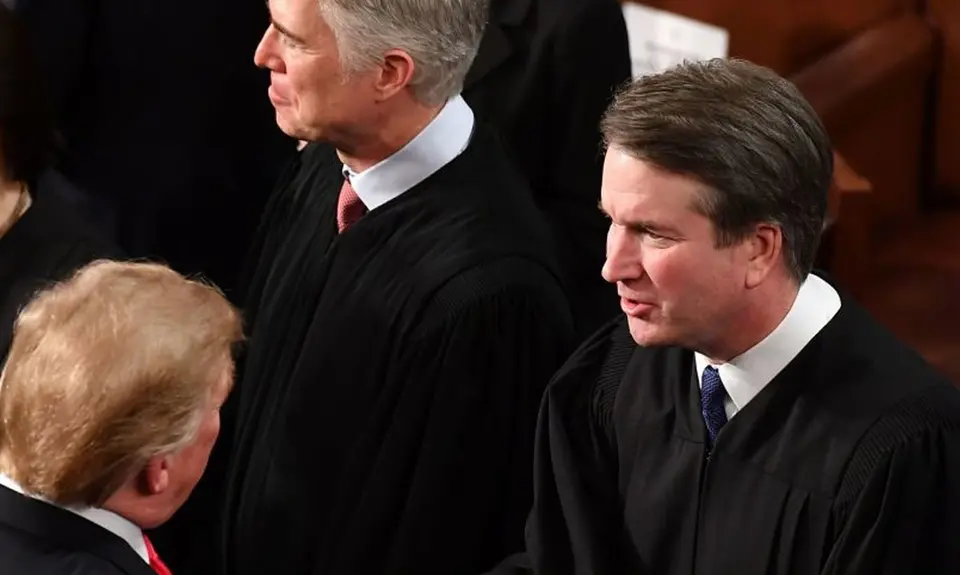“Confirmed Judges, Confirmed Fears” is a blog series documenting the harmful impact of President Trump’s judges on Americans’ rights and liberties.
Trump-appointed Supreme Court Justices Neil Gorsuch and Brett Kavanaugh joined a 5-4 June decision in Knick v. Township of Scott that overruled a 35-year-old precedent and said that local governments must pay in advance when they take property via eminent domain or face immediate federal lawsuits. Justice Kagan strongly dissented on behalf of four justices, pointing out the serious problems the majority ruling will cause for local governments and again asking “which cases the Court will overrule next.”
Under the Fifth Amendment’s “Takings” clause, government must pay just compensation when it takes someone’s property for public purposes. Under the Court’s 1985 decision in Williamson County Planning Comm’n. v. Hamilton Bank, a property owner should use procedures set up by the government to obtain such compensation, and can then go to federal court if appropriate. But in Knick, Chief Justice Roberts’ 5-4 majority opinion, including Gorsuch and Kavanaugh, overturned Williamson County, claiming that it was wrong from the outset (although it was a 7-1 ruling) and that unless government pays compensation in advance, the owner can go straight to federal court.
As Justice Kagan explained in dissent for herself and the other three moderate justices, the majority ruling did more than simply overrule Williamson. Instead, “in conflict with precedent after precedent,” she explained that under the majority’s new rule, government “violates the Constitution” whenever it takes property “without advance compensation—no matter how good its commitment to pay” just compensation through a “reliable mechanism.” The result, she went on, will be to “channel a mass of quintessentially local cases involving complex state law issues into federal courts and harm local governments.
Justice Kagan went on to severely criticize the 5-4 majority for overruling precedent, much as Justice Breyer did recently in the Hyatt case. The principle of stare decisis or adherence to precedent, she pointed out, is a “foundation stone of the rule of law,” even where the majority of a later court thinks an earlier decision was wrong. The majority failed to offer any “special justification” that “qualifies” as an exception, she went on, and what remained was “simply the majority’s view that Williamson County was wrong.” In light of the majority’s apparent disregard for “stability” and the “rule of law,” she pointedly wondered “yet again,” as Justice Breyer did in May, “which cases the Court will overrule next.” As one commentator suggested after last month’s dissent, Kagan’s opinion appears to be yet another “warning” that Roe v. Wade is in “mortal danger.”
